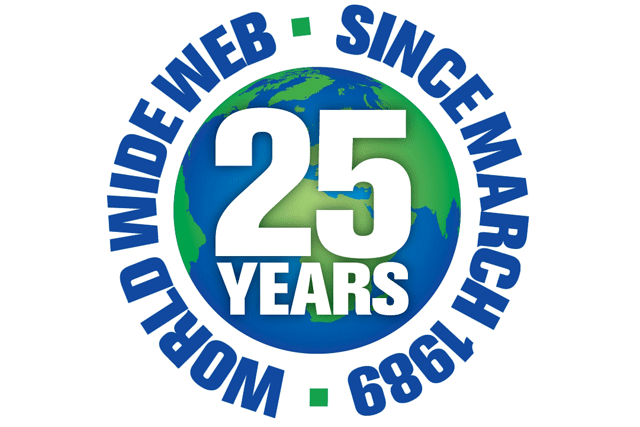
I remember very well the days of the pre-commercial internet – when it was a tool for information officers, academics and librarians to share stuff.
I was working for Reuters Business Information in the early 1990s marketing an online search engine and historical database. Based in Reuter's iconic Fleet Street headquarters we had a team of linguistically skilled "editors" translating and coding up with search terms hundreds of thousands of stories from hundreds of newspapers, journals and periodicals around the world.
It is somewhat trite to remark on how much the internet has changed our world – almost every dimension of human life has been impacted
The search engine was superfast (for its pre-Google day) and offered business people desktop access to near-time information of a vast range of subjects and, with Reuters (desktop) TV just launched, it felt very leading edge.
We had a "content is king" approach back then which still holds true today - albeit the seductive interactivity and "use anywhere" nature of smartphones and tablet devices has significantly upped the importance of "channel".
I could see then the power of information and networks and was fascinated by the idea of the "Negroponte Switch". The renowned professor Nicholas Negroponte from MIT's Media Lab Negroponte suggested in the early 1980s that due to accidents of engineering history we had ended with static devices, such as televisions, receiving their content via signals travelling over the airways - while devices that should have been mobile and personal, such as telephones, were receiving their content over static cables.
His idea was that a better use of available communication resource would result if the information (such as phone calls) going through the cables was to go through the air and that going through the air (such as TV programmes) was to be delivered via cables. All's changed on that front, however, with streaming of content over mobile devices.
It is somewhat trite to remark on how much the internet, and in particular the mobile internet has changed our world – almost every dimension of human life has been impacted, and businesses and consumers are enjoying services that were thought of as incredible only some years back.
Early promise of mobile
One area I was excited about back in the 1990s was the potential power of mobile. I was particularly taken by the opportunities created for mobile companies from knowing where you are at any point.
At NatWest in the 90s, we were conceiving ideas of how to incorporate mobile into our offer. Could you have a 'pay' button or use SMS alerts - or WAP - to target offers, and pay for them using the phone?
Heading up consumer cards at NatWest in the late 1990s, we were conceiving ideas of how to incorporate mobile into our offering. Could you have a "pay" button, could you use SMS alerts (or WAP!) to target offers to your phone that you can then use the (card in the) phone to pay for. The thing was that back then the technology was not really there to give great user experience.
Almost 25 years on, now it most certainly is but we sometimes still struggle with laying down infrastructure and getting that essential standardisation in place. But more often these days it is because of commercial (not technological) differences of opinion between stakeholders.
You see some amazing innovations and technology these days that makes the business world particularly exciting. The "Gartner Hype Curve" provides a useful perspective on innovation with its distinct phases because it’s all too easy to get carried away with the hype.
I see that 3D printing is at the "peak of inflated expectations" right now with various types of robots climbing up the curve so who knows what the future holds.
 For my sector - which is either "Payments" or "Shopping" depending how you look at it - then it is a given that transactions will be mobile based.
For my sector - which is either "Payments" or "Shopping" depending how you look at it - then it is a given that transactions will be mobile based.
What device they're on is another matter – phone, watch, glasses, microchip, we'll see. My job is simply to make sure that whatever the future holds, the future always takes Visa.



.jpg)
.jpeg)
